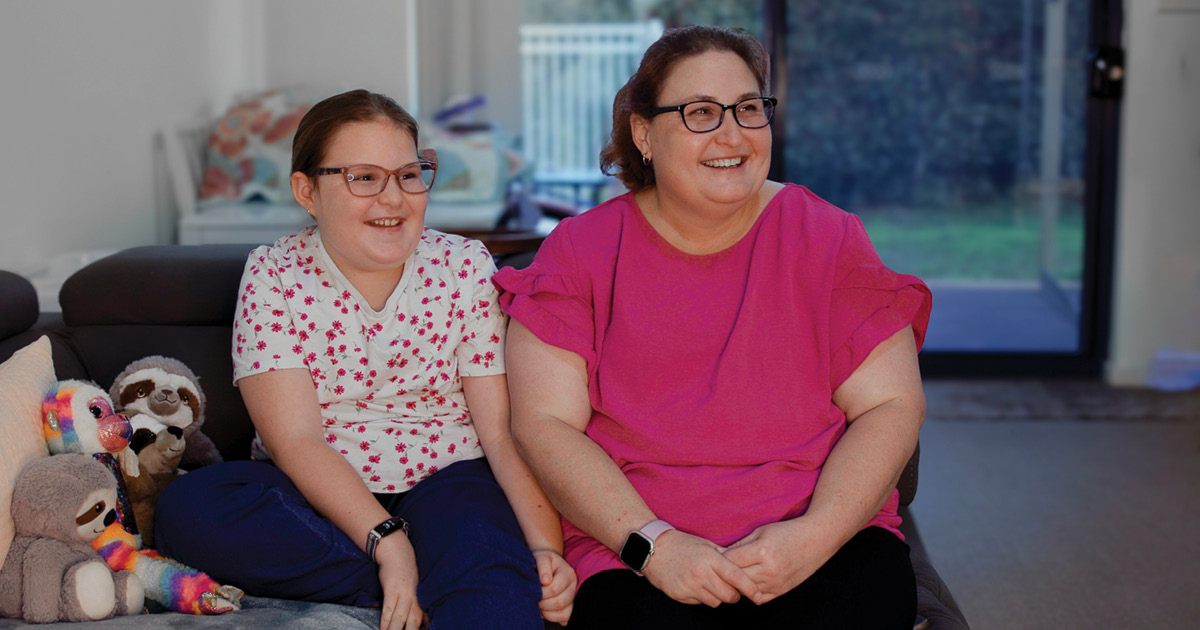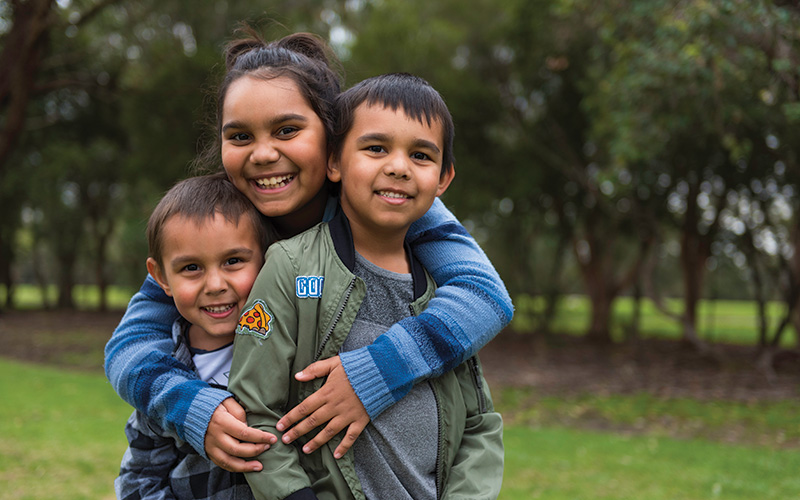Search
Research
Subnational tailoring of malaria interventions to prioritize the malaria response in GuineaIn the context of high malaria burden yet limited resources, Guinea's national malaria programme adopted an innovative subnational tailoring approach, including engagement of stakeholders, data review, and data analytics, to update their malaria operational plan for 2024-2026 and identify the most appropriate interventions for each district considering the resources available.
Research
Bereaved parent involvement in co-designed stillbirth research: Experiences of Project EngageWhile benefits of involving consumers in research are well established, bereaved parents face unique challenges, and descriptions of their experiences with co-designed stillbirth research are lacking. The collective experience of ‘Project Engage’ involved co-designing resources to support bereaved parents’ involvement in research.
Research
Role of COL5A1 in lung squamous cell Carcinoma: Prognostic Implications and therapeutic potentialLung squamous cell carcinoma (LUSC) is a significant health concern, characterized by a lack of specific therapies and limited treatment options for patients in advanced stages. This study aims to identify key molecules of prognostic importance in LUSC and provide an experimental foundation for their potential therapeutic applications.
Research
Adapting a measure of gross motor skills for individuals with CDKL5 deficiency disorder: A psychometric studyValidated measures capable of demonstrating meaningful interventional change in the CDKL5 deficiency disorder (CDD) are lacking. The study objective was to modify the Rett Syndrome Gross Motor Scale (RSGMS) and evaluate its psychometric properties for individuals with CDD.
Research
Remote paediatric ear examination comparing video-otoscopy and still otoscopy clinician rated outcomesTelemedicine, particularly real time video-otoscopy in rural and remote Australia holds great potential in assessing and managing otology conditions. There is good evidence of store and forward images for assessment, however limited evidence exists for the use of real-time video-otoscopy. The objective of this study was to assess the validity of using real time video-otoscopy, compared to standard store and forward still image otoscopy, in a paediatric population.

The following maps provide a visual insight into how the number and rate of Indigenous suicides varies across different regions of Australia.

Helping children build resilience and cope with the trauma associated with medical emergencies and chronic health conditions is the focus of a promising pilot program being undertaken by The Kids Research Institute Australia.
The WAACHS regional profiles look at all four volumes of results across the ATSIC regions of Western Australia.

The NATSISPEP will formally evaluate a range of existing Indigenous suicide prevention programs and services to develop an evidence base for 'what works'.

The Institute's Standards for the Conduct of Aboriginal Health Research outline our ways of working with Aboriginal communities and peoples.
